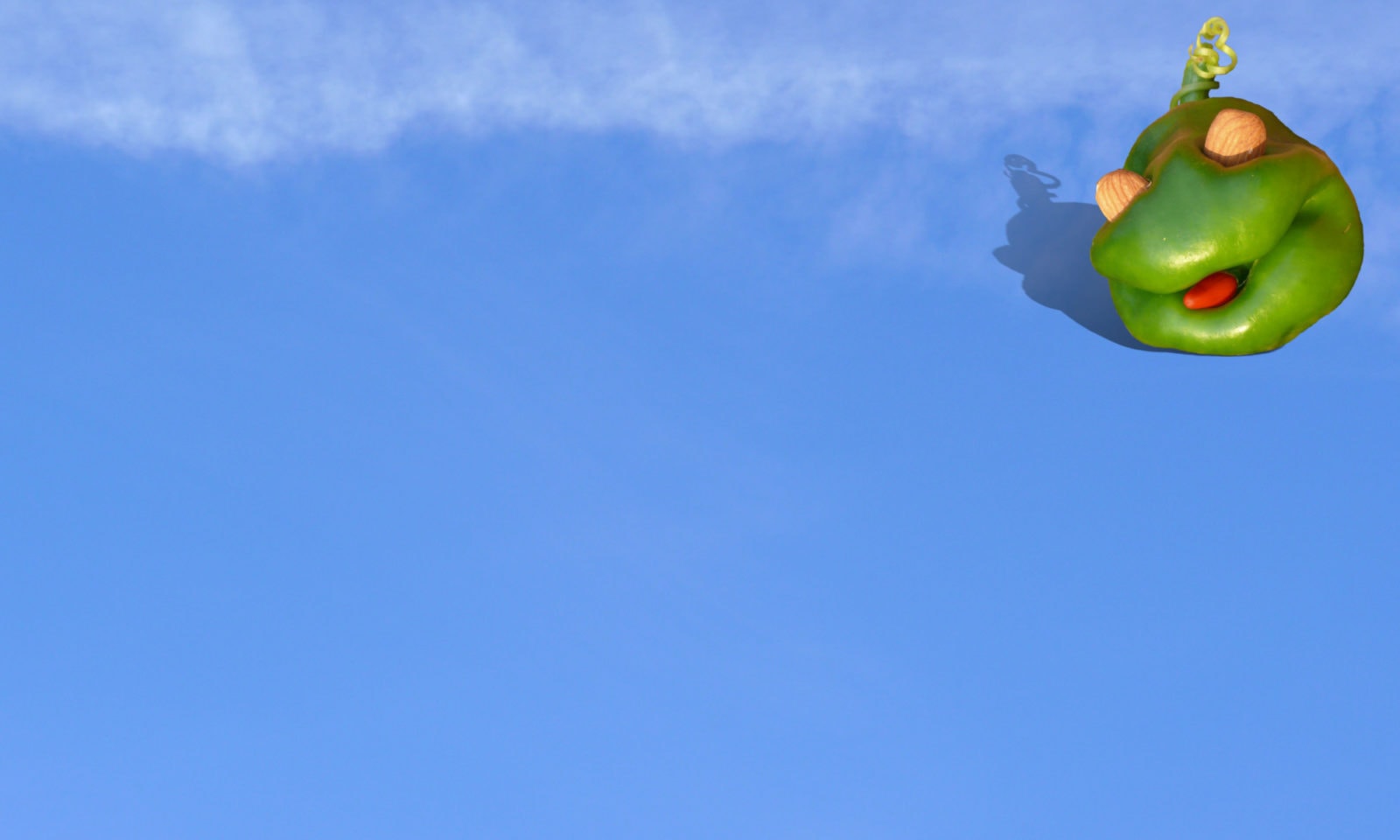Living and Loving a GF diet class
Vegetarian and GF (with many websites)
Events
Living and Loving a GF Diet
Saturday, Sept 26th 11:00-12:30
- Celiac disease, gluten sensitivity and the importance of testing
- All you ever wanted to know about label reading
- Foods to avoid, cross contamination and hidden gluten
- Sorting out the facts from common myths
- Where to get support-local and online groups, websites, books
This is great for people still learning a GF diet, needing a refresher, or wanting to educate friends and family members. To register, see http://www.harriswholehealth.com/services The class cost is $20 per person, or bring a friend for 2 people for $35.
Eating a Vegetarian GF diet
It can be challenging enough on gluten free diet, but what if you are a vegetarian or vegan? It’s well established that there are health benefits to reducing the amount of meat in the diets of most Americans, and the lifestyle has appeal for some people based on ethical or even environmental reasons. Fortunately, with extra planning, a well rounded and delicious gluten free vegetarian diet is possible.
The good news is that many vegetarian staples, like beans, lentils, tofu, dairy, nuts, seeds and eggs are already naturally gluten free. And some of the best sources of vegetarian and vegan protein are gluten free pseudo-grains, such as quinoa, buckwheat and amaranth. Also, grains, such as millet, teff and sorghum are very nutritious. In addition to protein and fiber, they all have other vital nutrients, like B vitamins, iron, calcium, magnesium, etc.
It’s vital for everyone with Celiac disease to get enough iron, calcium, Vitamin D, fiber and B vitamin (including B12), because these are often lacking due to damage from the disease process and eating patterns often seen in GF diets. Ironically enough, many vegetarians and vegans aren’t getting enough protein, iron, calcium, B12, omega fats, and Vitamin D. Combine the two diets together, and iron, calcium, B12 and Vitamin D are particularly important.
So what’s a vegetarian to do?
- Focus on typical veg staples that are GF, like beans, tofu, nuts and seeds, and, of course fruits and veggies and. If your diet includes dairy, eggs, fish, etc. these are very nutrient rich as well.
- Eat a good source of protein with each meal
- Try quinoa, buckwheat, amaranth etc.
- Get your vitamin D, iron and B vitamin levels checked
- Take a vegan or vegetarian omega 3 supplement from algae if you don’t eat fish
- Get fortified GF foods, like cereals, breads, etc.
- Work with a dietitian to make sure you’re eating a balanced diet
Fortunately, there are more and more vegetarian and vegan resources out there.
Local events
WACSSG will coordinate a workshop by Bob and Ruth’s GF Travel Club on Oct 24th in Bethesda. Stay tuned for more details!
Harris Whole Health offers individual sessions, family sessions and group classes to help people eat healthier and feel better! Whether you are dealing with Celiac Disease, food allergies, picky eaters, children on the Autistic spectrum, chronic illness, or if you just want to feel and look better, Cheryl can help you achieve your goals. For an appointment with Cheryl Harris, Registered Dietitian and Nutritionist, please click here or call 571-271-8742.
